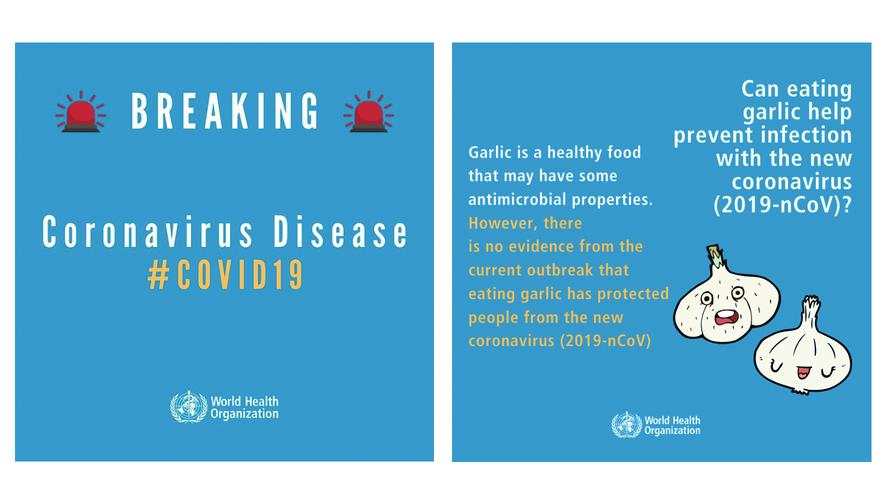Climate change denial, COVID-19 denial, radicalization creating the January 6th Capitol insurrection, and Russian misinformation over the Ukraine invasion. If humanity’s susceptibility to mis- and disinformation has you on the brink of despair—take heart! Solutions are on the way. Two sciences—one young, the other embryonic—have begun to deliver actionable insights. Even better, an emerging shift in perspective could rebalance our relationship with the vectors of cognitive contagion.
Infodemiology
The first—infodemiology—is the science of “infodemics.”1 It is the study of how bad information spreads through populations, duping and disordering minds.2 Infodemiologists take biological concepts and apply them to the infosphere. They examine salient phenomena—viral memes, moral panics, outbreaks of extremism—and learn how they work. It turns out that infodemics and epidemics happen for similar reasons. Infodemiologists develop a rich understanding of misinformation outbreaks and identify ways to disrupt the transmission of problematic content.
Infodemics are not just a 21st-century phenomenon. They have plagued humanity for thousands of years. Time and again, infectious ideologies have proliferated, polarizing peaceful societies. They have sustained oppressive orthodoxies, too, and toppled magnificent civilizations. Paul P. Harris—the founder of Rotary International—put it well: “Ideas have unhinged the gates of empires.”
The history of infodemics took a strange turn, though, in the early 2000s. Almost overnight, smartphones and social media became ubiquitous. They hyperconnected our minds, leaving us newly susceptible. Ever since, delusional mindsets have found novel ways to infect and unhinge us.
In 2002, a young public health researcher named Gunther Eysenbach sensed the need for a new discipline.3 He coined the term “infodemiology” and called for its development. Scholars with backgrounds in psychology, epidemiology, and network analysis responded. Together, they fashioned a lens that brings our post-truth predicament into stunning focus.

Misinformation and Disinformation
It is hard to view the world through this lens and not be troubled. Not long ago, social media companies built apps that were actually designed to mesmerize us.4 They successfully captured a huge swath of human attention (many billions of person-hours a day) and learned how to monetize that capture. Largely unregulated, they became giant, multinational corporations. Facebook conducted a huge mood-manipulation experiment on its users: It adjusted the algorithms that curate content on the platform and found that it could boost “engagement.” And profits. These changes amplified misinformation.5
Fake news and inflammatory posts proved adept at propagating.6 Misinformation “super-spreaders” carved out lucrative niches in the attention economy. Foreign actors weaponized disinformation to polarize and weaken democratic societies.7 Duped by intemperate content, many of us became cynical—literally addicted to grievance and outrage.8 In some countries, demagogic politicians emerged and began to radicalize the disaffected. Today, a polluted information environment confuses individuals, destabilizes democracies, and, in some cases, unleashes genocidalfuries.9
The iPhone debuted just 15 years ago. Think about that: It means that what scientists call “information disorder syndrome” has advanced with stunning rapidity.10 It is like we are sleepwalking toward a precipice. It is time we woke up.
In 2020, the World Health Organization raised the alarm. It labeled infodemics a serious public health hazard. The international body mobilized a substantial response to COVID misinformation and urged immediate action to address our vulnerability to other information pathogens.11 It identified pressing needs for infodemic research and infodemic management. We applaud these efforts. We need to disinfect the information commons. We need to monitor for dangerous disinformation outbreaks and develop our capacity to respond.12
NATO has concluded that international alliances must counter disinformation to remain resilient.13 The United Kingdom has launched a Rapid Response Unit to combat fake news.14 Sweden has set up a Psychological Defense Agency.15 Counter-influence campaigns in western countries have begun to “pre-bunk” (or inoculate against) weaponized disinformation, in one case by “tell(ing) the public to anticipate false narratives, but not listen to them.” We need to replicate such programs worldwide.
Yes, the tools of infodemic management can be abused—that danger should not be overlooked—but a world without them will likely turn dystopian fast.
Inoculating the Mind
Interfering with the supply of misinformation can easily tread on speech rights, so it is often best to address the problem at the demand end. This is where the second science—the embryonic one—enters the picture. We call it “cognitive immunology.”16 It is the study of immunity to misinformation. Cognitive immunologists ask why some minds become robustly resistant to (say) divisive ideologies, while others remain more vulnerable.
